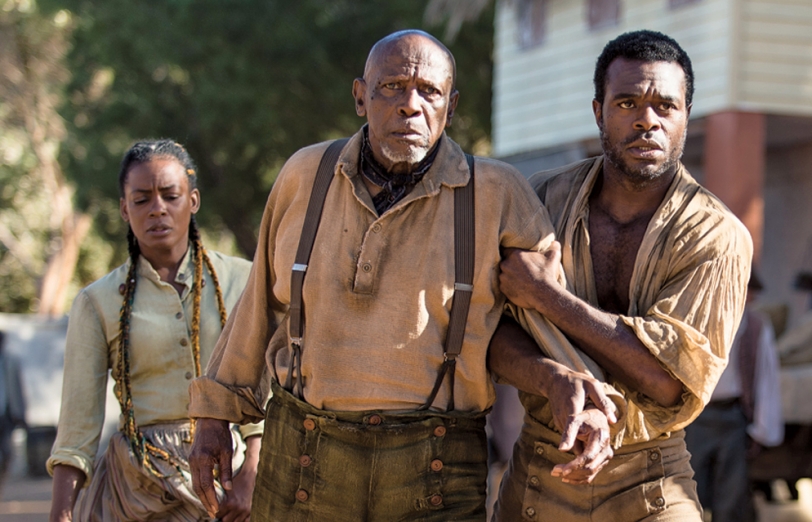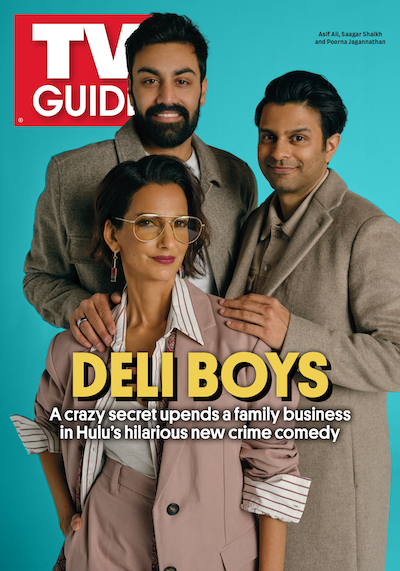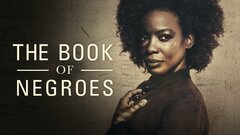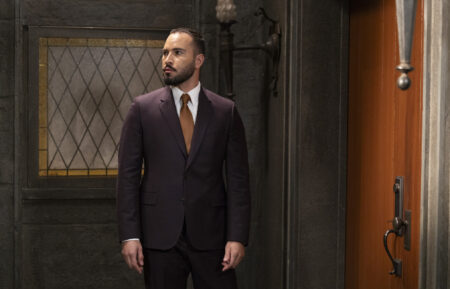BET Presents Its First Miniseries With Three-Parter The Book of Negroes

In 1977’s groundbreaking slavery saga Roots, Louis Gossett Jr. embodied the unforgettable Fiddler. Thirty-eight years later, the veteran actor returns to the subject with BET’s first miniseries, The Book of Negroes. The three-night event, which begins tonight at 8/7c, tells the true story of slaves who helped the British during the Revolutionary War after being promised their freedom. “BET is taking responsibility and talking about an unknown part of our history,” says Gossett, 78. “Slavery is the background, but that’s really not the whole story.”
“This is neither an exploitation nor exploration of brutality–it is a love story,” notes Aunjanue Ellis (NCIS: L.A.), who stars as Aminata Diallo, a fictional composite of thousands of African-Americans who survived the Middle Passage, fought with the British, and were part of a great migration to Canada. “The series follows her from age 11, when she was kidnapped in Mali and sold into slavery, and then as she spends her life desperately trying to find her way home. She’s a true Wonder Woman.”
Gossett describes his character, Daddy Moses, as “a former slave who leads people to the Promised Land, which in this case is Nova Scotia.” (The series was filmed in Canada and Cape Town, South Africa.) Gossett defends the network’s controversial decision to keep the original title of the 2007 novel by Canadian author Lawrence Hill that inspired the miniseries. (The book was published in the U.S. as Someone Knows My Name.) “The Book of Negroes is the historical document that listed 3,000 black people who were eligible to be taken to Canada after the Revolution,” he says. “There’s nothing negative about its use at all.”
The activist actor, who founded the Eracism Foundation, which fosters cultural inclusiveness, says he’s thrilled about the diversity on television since Roots exploded on screen. “Shonda Rhimes is one of my she-roes,” he says, “but there’s more to be done. For instance, we haven’t yet touched on the black experience in the West or in the military. The American soup just doesn’t taste as good without our input.”
From TV Guide Magazine
Crime, Comedy & Convenience Stores: Unwrapping Hulu's 'Deli Boys' With the Cast
Cupcakes, corndogs…and cocaine?! Two brothers find themselves in a hilarious pickle when they inherit an unseemly bodega biz in Hulu’s new comedy Deli Boys. Find out how The Sopranos and Real Housewives of Orange County influenced the cast. Read the story now on TV Insider.








